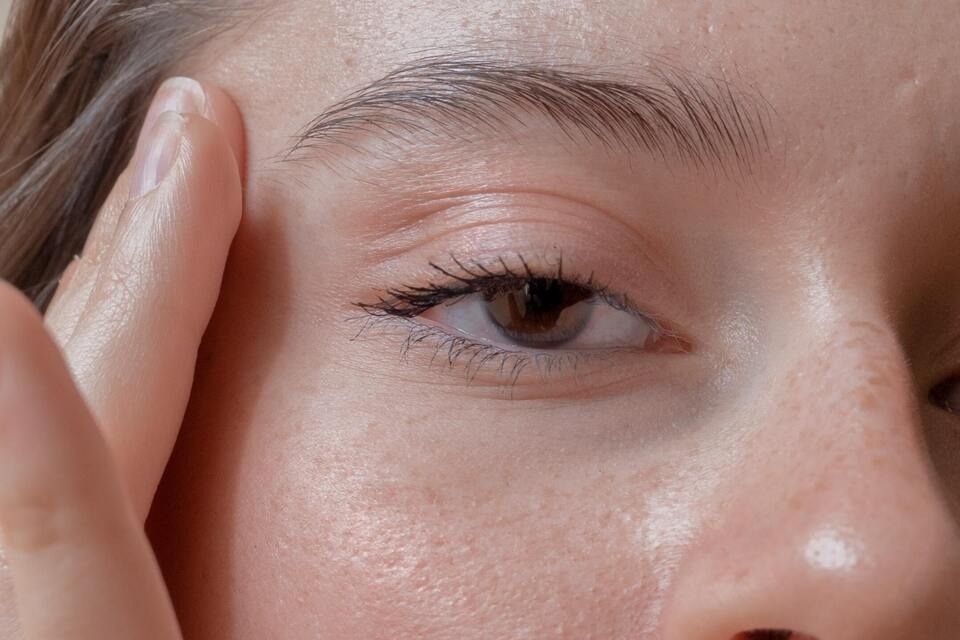You turn to vitamin C when you feel a cold, but did you know that it can also provide a smooth and radiant complexion? In recent years, vitamin C has become a holy grail for people obsessed with skin.
“Vitamin C is a hot topic, and it’s trending because it has so many preventive and nourishing benefits,” says Nazanin Saedi, MD, a board-certified dermatologist and associate clinical professor at Thomas Jefferson University in Philadelphia.

Here you will find everything you need to know about vitamin C serums, including the reasons for using them, how to use them and what you should pay attention to.
What exactly is a vitamin C serum and what does it contain?
A vitamin C serum is a skin care product that is full of vitamin C. It has the consistency of a liquid or gel and is applied topically to the skin. You can find these serums everywhere you usually buy skin care products: in department stores, beauty salons, and also in some pharmacies. On the packaging, you will probably see words that advertise benefits for the skin, such as “tighten”, “lighten” and “strengthen collagen”.”People add vitamin C serum to their skincare routines to take advantage of these benefits.
“The advantage of vitamin C is that it is an antioxidant, so it helps prevent the formation of free radicals that break down collagen and elastin,” says Dr. Saedi. The result, she says, is radiant, youthful skin.
What is teledermatology and when can I use it?
Certain skin problems are best treated in person, but they may be able to be treated digitally with telemedicine. A state-certified dermatologist will tell you how the so-called teledermatology works and when it should be used.
What is the research behind vitamin C and vitamin C serums?
From a nutritional point of view, vitamin C is extremely important. It is important for growth and development, plays a role in the formation and repair of body tissues and provides antioxidants that fight free radicals that contribute to diseases such as cancer, heart disease and arthritis.[1] All fruits and vegetables contain some vitamin C, but you get most of it from products like melons, oranges, broccoli, and Brussels sprouts.[1]

Vitamin C is naturally present in the skin, where it increases the production of collagen and the content of antioxidants. It can protect the skin from damage caused by ultraviolet rays (especially if used together with vitamin E).[2] Vitamin C also maintains the skin barrier, which keeps irritants away from the skin and promotes water retention for proper hydration of the skin.[3]
Great, isn’t it? In the meantime, you may be thinking about how to increase vitamin C in your diet to get these benefits. Unfortunately, it will not be enough to eat more oranges and melons. That’s because the epidermis, the outermost layer of the skin, has no blood vessels to send nutrients to skin cells, according to the research.
However, vitamin C can be applied topically, and this is where vitamin C serums come in. “Vitamin C is best known for its ability to neutralize free radicals and improve skin aging,” says Joel Schlessinger, MD, a dermatologic surgeon in Omaha, Nebraska. “It can also improve the synthesis of collagen and elastin, which can improve the appearance of fine lines and wrinkles. it helps to reduce inflammation, provides a natural and gentle exfoliation and brightens the skin.”
Studies have shown the effectiveness of topical application. One study found that topical vitamin C increased collagen production in study participants of all age groups.[4] Study participants noticed the effects after 40 days of treatment and found that they were even more pronounced at 60 days.
Topical vitamin C can also help with melasma and hyperpigmentation. According to previous research, participants saw an average improvement in skin pigmentation by 73 percent after applying vitamin C (along with sunscreen and almonds or malic acid) to the face for at least a month.[5]
Who should use a vitamin C serum on the skin?
Research suggests that vitamin C can help protect the skin from many problems, such as sunburn, photoaging, hyperpigmentation, wrinkles, sagging, dryness and uneven skin tone.[6] Anyone dealing with these skin problems should consider adding a vitamin C serum to their skin care regimen. But it is a good idea to start, even if these problems have not yet infiltrated. The best time to deal with the visible signs of aging is before they happen, says Dr. Schlessinger
 .
.
Saedi recommends vitamin C serums for people of all ages, as virtually everyone is at risk of sun damage, and with vitamin C serums, “we minimize the sun damage our skin suffers from sunlight,” she says. She says she has a double task, both to protect the skin and to help recover the problem areas. “It’s preventive as it protects you from sun damage and the signs of aging such as wrinkles,” says Saedi. “It also helps to promote collagen and promotes the natural formation of collagen.”




